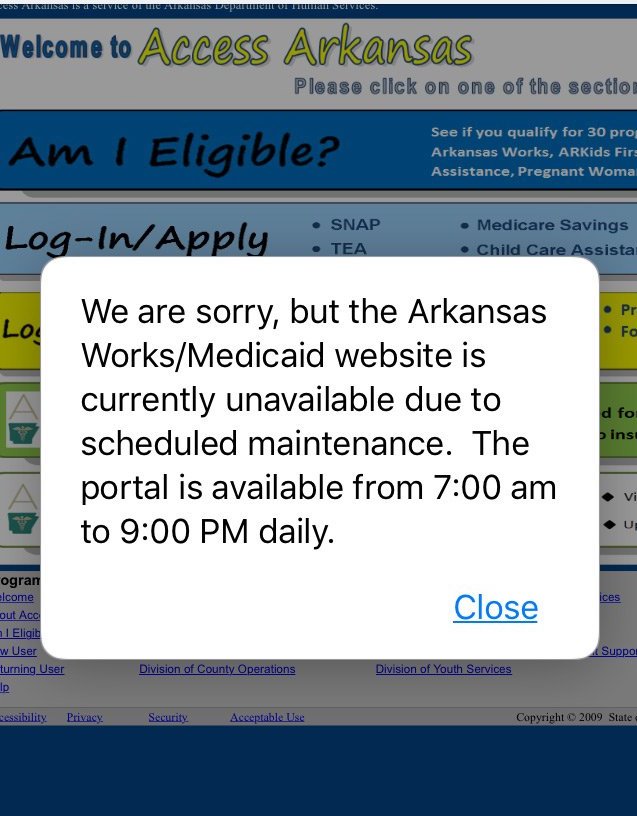Guest post by Jeff Mosenkis of Innovations for Poverty Action.

- I’ve been really enjoying the Vox and IRC collaboration podcast Displaced (Apple). Some highlights for me were Rachel Glennerster (who had an amazing response to the Guardian op-ed on RCTs), Alix Zwane, Owen Barder, and Stefan Dercon. I think I pinpointed one reason it feels so informative – the hosts have clearly read up on the topic, and the way they ask questions gives you all the background you need to get right into a really interesting discussion.
- More on the econ job market: The #EconLife panel happened, here are some selected twitter moments
- Maggie McConnell on being openly gay on the job market
- Practical advice for women (and everybody) on packing, wardrobe, and general interviewing tips
- Attribution, last week I mentioned the @Econ_RA twitter account, which gathers and shares RA postings. That account comes from PhD candidate Sarah Bana, who’s on the job market now. John Holbein tweets about her job market paper, where she looks at vulnerability to losing one’s job and what happens next – which workers go on to new jobs and which stay unemployed? (Read the tweet to find out)
- The Liberian government has approved an extension of the partnership school initiative (privately operated public schools), that was RCTed, but educators are in a waiting game to see who will fund it.
- A new paper in the Journal of Finance finds an amazing coincidence: in 2009-2010 while the House Financial Services Committee was considering banking reform, banks delayed home foreclosures in their districts, by on average 6 months, even though there were no differences in delinquencies in those districts. The authors calculate the cost to the banks of these delays was much greater than banks’ campaign contributions to the committee members.
- It’s been 10 years since the book Nudge. Behavioral Scientist has interviews with Richard Thaler and Cass Sunstein. Thaler mentions the dark side of nudge principles:
I worry a lot about what I have called “sludge,” which is nudging for evil or just making things harder. When I sign books “nudge for good,” it is meant as a plea, not an expectation. Bernie Madoff was an expert at nudging, as were all great con men. In my nightmares there are behavioral science units whose assignment is to figure out new ways to fleece customers, employees, and competitors.
- Just a guiding principle of behavioral econ is if you want people to do something, make it easy (nudge), the flip side is that if you don’t want people to do something, you can make it hard (sludge). CVS for example, makes it very easy to opt-in to receiving text messages (hit next on the checkout screen), but very hard to opt-out (you have to print out a receipt with a phone number to call and opt-out) .
- Now Arkansas has been removing people from Medicaid using work requirement rules (which will save the state an estimated $30 Million). Among the ways this is being done – the website where users report their required work or volunteering hours is closed for 10 hours every night for maintenance:

- From earlier this month, J-PAL checks in with Dean Karlan, Ted Miguel, and Andrew Foster on how JDE‘s new pre-results review pilot is going.
